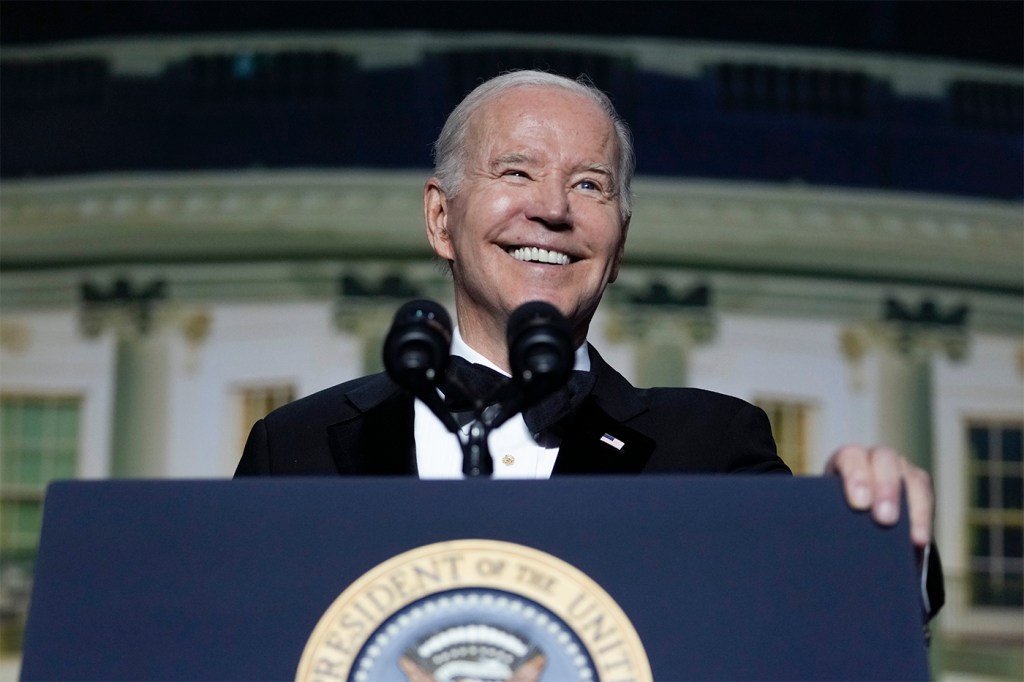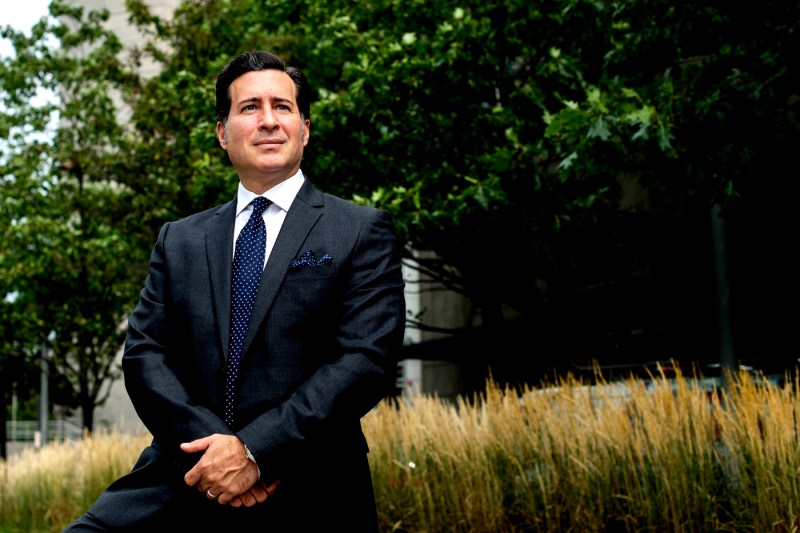Why aren’t the Democrats running against Joe Biden in 2024? The trouble with ‘intra-party’ challenges to a sitting president

With more Americans expressing their disapproval of President Joe Biden in recent months, according to the latest polling analysis, why aren’t mainstream Democrats lining up to challenge him?
It’s a question that appears to be on the minds of many observers and pundits—and voters, too—amid polling that shows most Americans don’t want Biden to run again. Biden’s low favorability, coupled with his advanced age—another point of concern for many—might have been enough to make the case for an “intra-party” presidential challenge.
While there are fringe candidates who have launched presidential bids, such as Robert F. Kennedy Jr. and Marianne Williamson, it appears the Democratic mainstream are committed to a second Biden presidency—an indication that they might be looking to “play it safe” and maximize their chance of defeating a resurgent Donald Trump, who remains a popular pick among conservative voters, says Costas Panagopoulos, head of Northeastern’s political science department.

“It’s very risky for a party to challenge its own leader,” Panagopoulos says. “It has the potential to do lots of damage, especially when it’s an intra-party challenge to an incumbent president, who should presumably carry the banner forward for the party.”
Indeed, history has shown that intra-party challenges to an incumbent president often lead to messy outcomes for the party in question. Ted Kennedy’s challenge to Jimmy Carter in 1980 did lasting damage to the Democratic Party that culminated in Carter’s landslide defeat to Ronald Reagan. On the Republican side, intra-party challenges to Gerald Ford in 1976 (Reagan), and to George H. W. Bush in 1992 (Pat Buchanan), resulted in similar outcomes.
The lessons that emerged from those historical examples may well serve the Democrats in the present moment—that even amid low favorability, challenges from within an incumbent president’s own party are fool’s errands, Panagopoulos says.
“In each of those instances, the consensus is that [those intra-party challenges] may have hurt the incumbent[s] and played some role in the fact that they were not re-elected,” he says.
